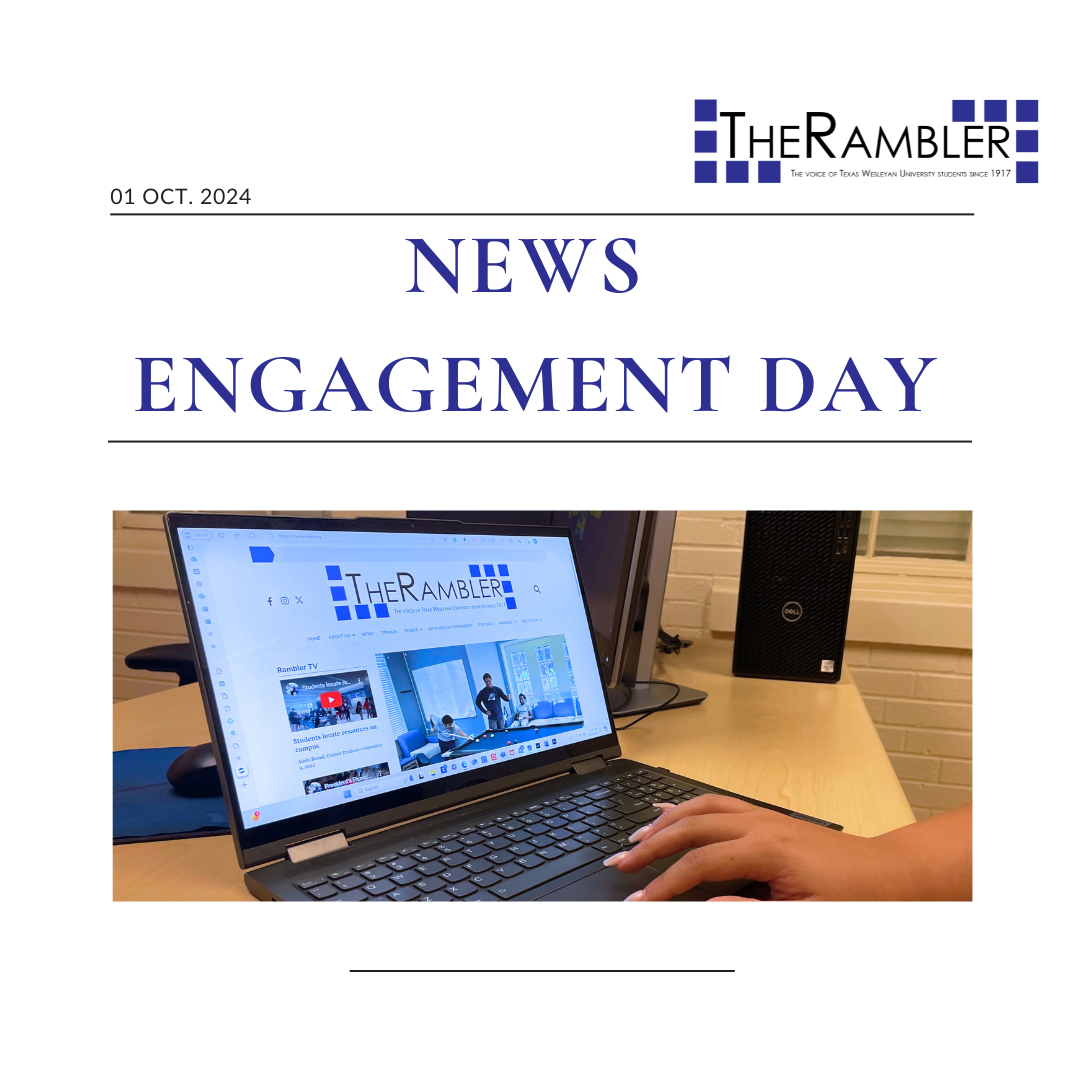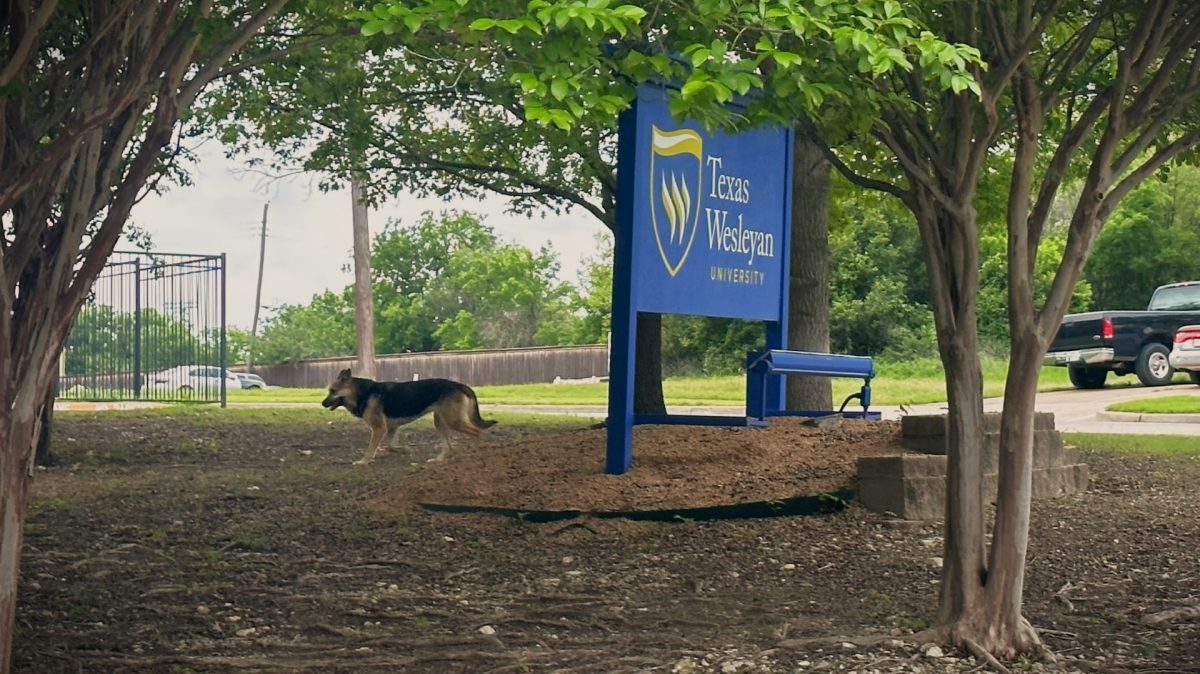This year News Engagement Day was celebrated on Oct. 1. The day encourages people to not only interact with news but take the time to reflect on the importance of engaging with news and staying informed.
Today, information is so easily accessible. From websites to social media, apps to traditional media outlets, podcasts and more, there are a multitude of ways to find news. In such an interconnected world, news engagement is important for various reasons.
Staying up to date with news enables individuals to stay informed about local, national and global events. Having this information about one’s community and the world in which we live empowers people to make well-informed and impactful decisions.
With so much information so readily available, it has become increasingly easy to filter what you do and do not interact with. Understanding that what media you consume has the potential to influence your thoughts and worldview makes it important to consider how and what you interact with.
According to a study by the Poynter Institute’s MediaWise initiative, in collaboration with YouGov and supported by Google, 62% of respondents across various generations report encountering false or misleading information online on a weekly basis.
With the increase of misinformation and fake news, engaging with credible news sources helps people distinguish between fact and fiction, encouraging critical thinking and enhancing media literacy.
The job of news media is to provide unbiased facts, allowing people to discuss and discern what the facts mean. It is therefore important to follow a range of news organizations to stay informed about issues from various parts of the world and to gain diverse perspectives on different topics.
Engaging with news does not just have to look like reading and watching what is presented. Writing letters to the editor gives individuals the opportunity to express their views on topics covered by a newspaper or magazine, allowing them to influence public opinion and provide feedback to journalists.
Some newspapers or magazines offer public discussion forums where individuals can engage in conversation over the material. Social media has also provided a way for people to be more involved in conversations and sharing of information.
MIT researchers have discovered that fake news can spread on social media up to 10 times faster than accurate reports, highlighting the importance of media literacy in a digital age.
News Engagement Day serves as a valuable reminder of the importance of staying informed and critically assessing the news we consume. As we navigate an era of rapid information flow and increasing misinformation, it’s essential to engage with credible sources, broaden our perspectives, and actively participate in public discourse.









![Pippin, played by Hunter Heart, leads a musical number in the second act of the musical. [Photo courtesy Kris Ikejiri]](https://therambler.org/wp-content/uploads/2025/04/Pippin-Review-1200x800.jpg)
![Harriet and Warren, played by Trinity Chenault and Trent Cole, embrace in a hug [Photo courtesy Lauren Hunt]](https://therambler.org/wp-content/uploads/2025/02/lettersfromthelibrary_01-1200x800.jpg)
![Samantha Barragan celebrates following victory in a bout. [Photo courtesy Tu Pha]](https://therambler.org/wp-content/uploads/2025/05/20250504_164435000_iOS-834x1200.jpg)





![Hunter Heart (center), the play's lead, rehearses a scene alongside other student actors. [Photo courtesy Jacob Sanchez]](https://therambler.org/wp-content/uploads/2025/04/thumbnail_IMG_8412-1200x816.jpg)
![Student actors rehearse for Pippin, Theatre Wesleyan's upcoming musical. [Photo courtesy Jacob Rivera-Sanchez]](https://therambler.org/wp-content/uploads/2025/04/Pippin-Preview-1200x739.jpg)
![[Photo courtesy Brooklyn Rowe]](https://therambler.org/wp-content/uploads/2025/05/CMYK_Shaiza_4227-1080x1200.jpg)

![Lady Rams softball wraps up weekend against Nelson Lions with a victory [6 – 1]](https://therambler.org/wp-content/uploads/2025/04/Screenshot-2025-04-04-100924-1200x647.png)


















